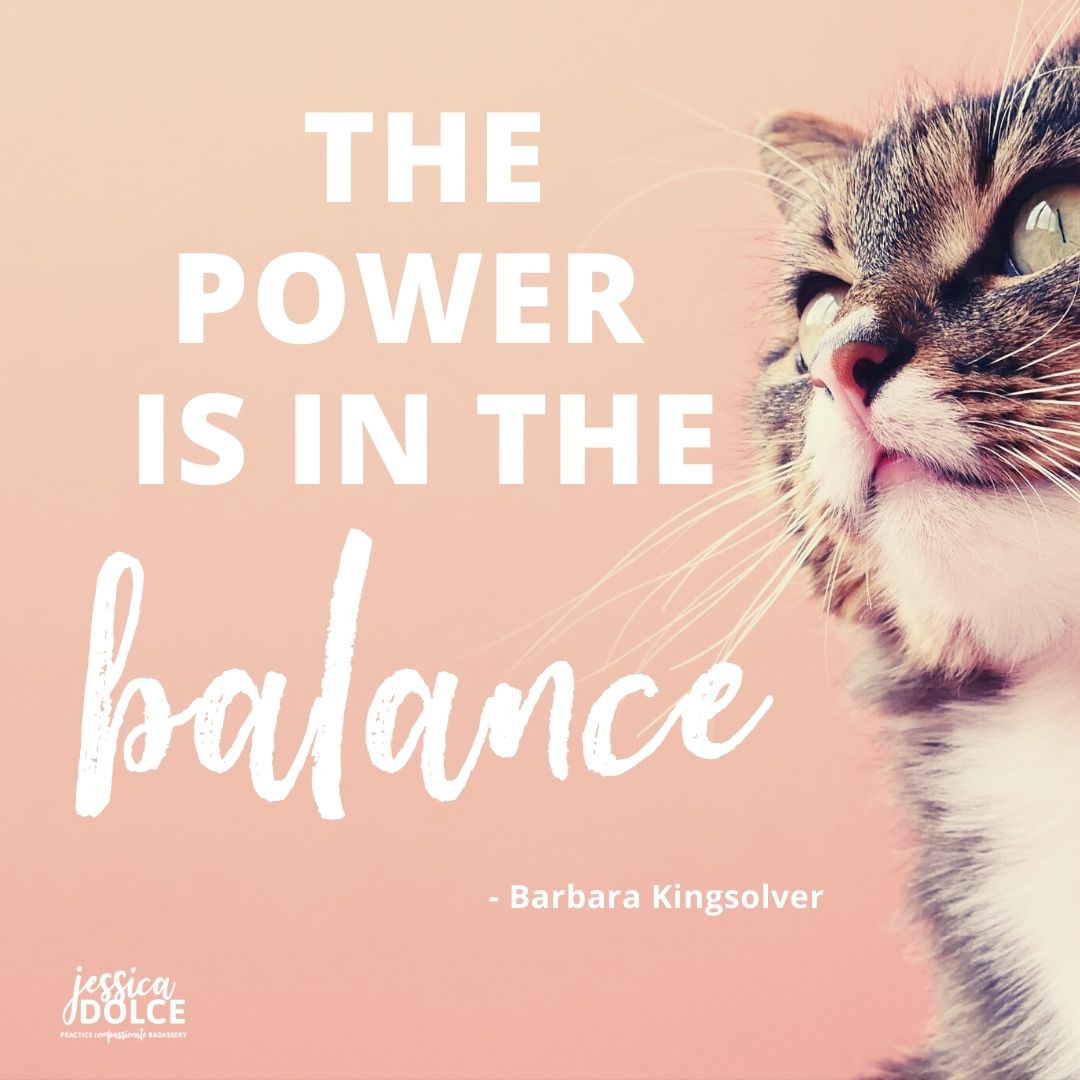I Stopped Working 5 Days a Week. Here’s What Happened.

This summer I’ve been running an experiment: since June 1st, I’ve been working a four day week.
For me, this looks like working Monday – Thursday, from about 9am-6pm(ish), and taking taking Friday – Sunday off.
I’m averaging of 35-40 hours of work per week, so I’m getting all my major tasks and client work done, despite the shorter workweek.
I have needed to adjust some of the deadlines on my deep work projects, to give myself more time to complete them.
I’m okay with that because not being burned out feels pretty amazing and it’s good for my work long-term.
5 things to know about my 4 Day Workweek experiment:
1. After the summer ends, I won’t be going back to a 5 day workweek.
2. That’s because the 40 hour, 5 day workweek is a construct. It’s just a made up amount of time we’ve been socialized to think is a “normal” workweek.
Countries outside of the US have different social and organizational norms about workweeks.
100 years ago there was no such thing as a weekend.
It’s all made up. It’s always been an experiment!
We can make up something different that works better for us and our employees.
I recognize that not everyone can do this (there have been many years where I’ve worked 2-3 jobs to pay the bills and had no days off).
But if you do have the power and privilege to create something new for yourself and others, go for it.
3. Flexibility is key. Some weeks I work a few hours on a Friday morning. Most weeks I don’t.
It’s important (to me) that I not get caught up in all-or-nothing thinking with this approach.
It’s likely that I will need to work 6 days a week here and there this winter in order to finish some big projects.
Work and play ebb and flow with the seasons, so I’m embracing those cycles.
4. The research is clear that shorter workweeks boost productivity.
It’s good for organizations and it’s good for workers.
This year we’re facing an epidemic of burnout in North America – across all fields, not just animal welfare – so it’s time for a big change.
If you’re thinking about doing this at your org, there’s lots of evidence and advice out there. See here and here and here and here.
5. And finally, people love my out-of-office message. Folks are excited to see someone publicly owning their time off.
What that tells me is that we need to explicitly talk about our rest and play.
We talk endlessly about how much we work, which may make it feel “risky” to publically share when we are choosing* not to work.
It’s one thing to share a “valid” excuse for taking time off, like a car accident or having COVID.
But just saying I’m off because I want to be off?! That’s inviting all kinds of judgment.
*Side note: I’m not touching on the ableist ways we judge and penalize people with disabilities (“hidden” or otherwise) who absolutely need to work differently or they risk their health. That’s coming in another newsletter because we have to talk about all the problematic going back to “normal” post-pandemic stuff that’s happening.
Here’s the bottom line: Practicing compassionate badassery means being able to tolerate the discomfort of doing things differently.
It’s worth it.
With 3 days off each week, I feel better mentally and physically. I have more time for my family, friends, and pets.
I have some wiggle room in my week that allows me to adapt to what pops up without feeling totally overwhelmed.
In other words, I have a real life outside of work for the first time in years.
Curious about my autoresponder? On Fridays it says:
“My summer hours are Monday – Thursday 9am-6pm ET. You can expect a response from me when I return to work on Monday. I’m experimenting with taking Fridays off this June-August because research shows that shorter workweeks are great for productivity and our wellbeing. It’s a win-win for everyone. Thinking about doing the same at your workplace? Consider this a sign!”
What about you? Are you experimenting with different work schedules?

Some links you might like:
Against “Feel Free To Take Some Time If You Need It”: “When it comes to taking time off, the more explicitly mandated the break, the better. Instead of “feel free to take some time if you need it,” try “I’d really support you taking the day off.” Instead of a sentence at the end of a meeting about “make sure you’re taking that PTO,” an app that alerts you when an employee hasn’t taken any in a month.
For managers, that means modeling the behavior yourself: taking sick days, and personal days, and extended PTO, and being transparent about it — and not sneakily working in the margins. It means having enough people on staff so that a person can actually be sick, or take parental or bereavement leave, without the guilt of pouring work onto their already overburdened colleagues.”
Play with NPR’s Joy Generator.
Time Is A Colonial Construct — Here’s How I Learned To Reclaim Mine: “Decolonization requires us to unpack the consequences of colonialism. What are its living legacies?
By the beginning of the nineteenth century, British society had largely correlated the notions of ‘civilization’ and ‘true religion’ with the profitable use of time. Their specific experience of time was a cultural construct, deeply embedded within their industrial-capitalist and Christian society. They used their clocks as a tool to dehumanize Indigenous people…’”
Link appreciation to Hilary, Aimee, and Patti Digh.
Let's Stay Connected.
Sign up for ideas, updates, and your free copy of The ABCs of Self Care Workbook!
I heart boundaries and will never sell your email address. Unsubscribe at any time.

